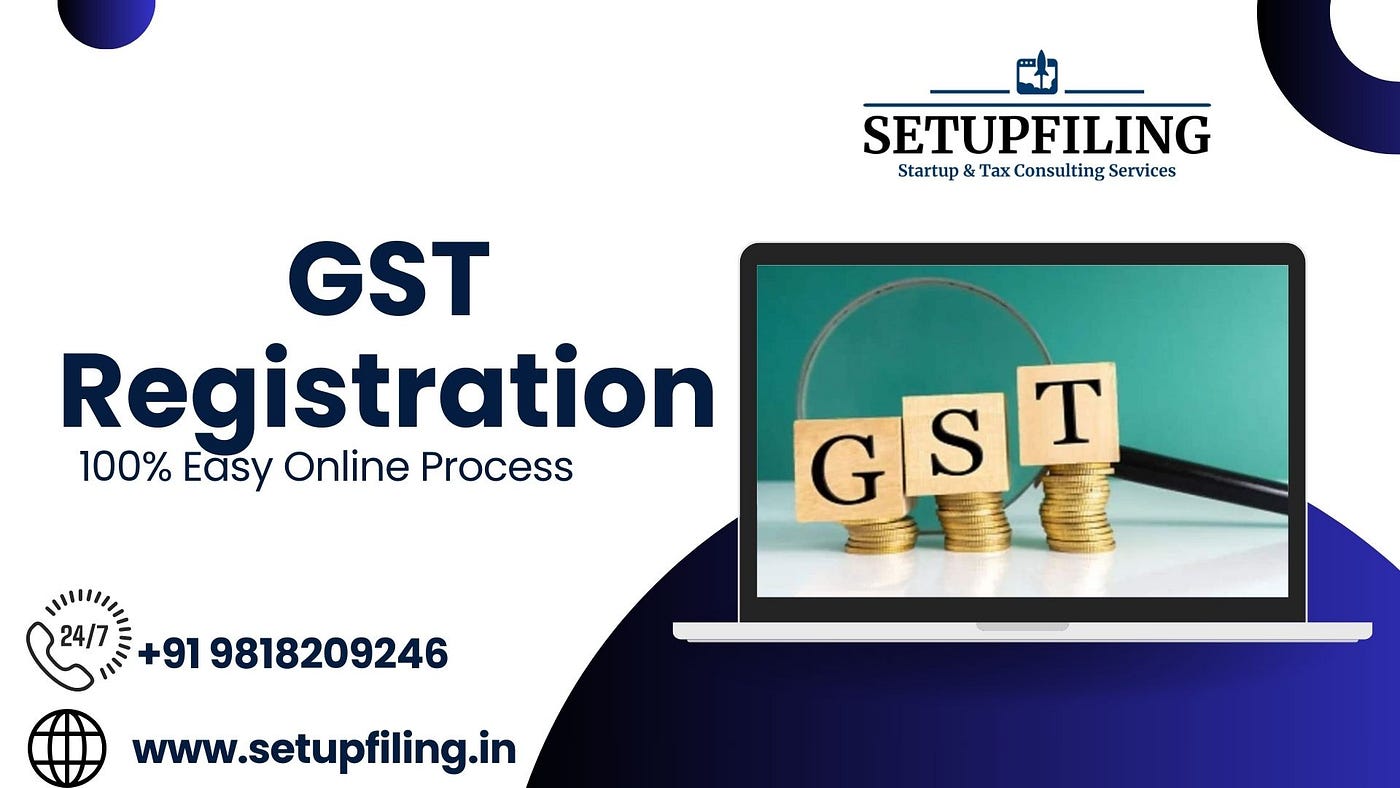Why Organizations Favor the most effective GST Registration Services in Singapore
Why Organizations Favor the most effective GST Registration Services in Singapore
Blog Article
From Beginning to Complete: The Ultimate Roadmap to GST Registration for Businesses Seeking Financial Security
Browsing the complexities of Item and Solutions Tax Obligation (GST) enrollment is a critical step for services pursuing monetary security. From comprehending the fundamental concepts of GST to adhering to post-registration standards, the process can seem discouraging at very first look. Breaking down the roadmap right into convenient steps can improve the registration trip for businesses looking to improve their economic standing. Let's check out the vital parts that compose this best roadmap and discover just how each stage adds to laying a strong structure for monetary success.
Comprehending GST Fundamentals
Delving right into the essential principles of Item and Solutions Tax Obligation (GST) is crucial for gaining a comprehensive understanding of its implications on businesses and the economic situation. Input Tax Credit Score (ITC) is a significant function of GST, allowing organizations to declare credit history for taxes paid on inputs, lowering the general tax obligation problem. Understanding the basics of GST is critical for organizations to abide with tax obligation policies, handle their finances successfully, and contribute to the country's economic growth by participating in a clear tax system.
Qualification Requirements for Registration
To sign up for GST, companies need to meet particular eligibility standards developed by the government. The key qualification need is that any business entailed in the supply of products or services with a yearly aggregate turn over above the threshold restriction established by the authorities need to register for GST. Since the existing policies, the threshold limitation for GST registration is a yearly aggregate turnover of 40 lakhs for businesses operating within a state, besides unique category states where the restriction is 20 lakhs. Additionally, particular services are called for to sign up for GST regardless of their turnover, such as interstate distributors, casual taxed individuals, and organizations reliant pay tax under the reverse cost system. It is crucial for businesses to thoroughly evaluate their turnover and deal kinds to establish their GST registration responsibilities accurately. Failing to register for GST when eligible can cause charges and lawful consequences, making it necessary for businesses to follow the defined qualification standards.
Files Required for Registration
Having actually fulfilled the eligibility criteria for GST enrollment, companies must currently guarantee they have the requisite papers in position to proceed with the registration process efficiently. The documents needed for GST registration commonly consist of evidence of business constitution, such as collaboration act, registration certification, or unification certificate for different kinds of organizations. Furthermore, organizations need to give records developing the major place of organization, such as a rental agreement or electricity bill. Frying pan card of the business, in addition to the identification and address evidence of promoters/partners/directors, are vital for confirmation purposes. Financial institution account statements, together with canceled cheques or a copy of the financial institution passbook, are required to validate the monetary information provided throughout registration. Furthermore, services have to have electronic trademarks ready for the licensed signatory. Ensuring all these documents are arranged and readily offered will certainly speed up the GST enrollment process, making it possible for companies to follow tax laws flawlessly.
Step-by-Step Registration Refine
Beginning the GST enrollment procedure entails a collection of organized actions to guarantee a smooth and compliant her response enrollment for businesses. The first action is to visit the GST website and fill up out the enrollment type with accurate details of the company entity. Following this, the candidate receives a Short-lived Recommendation Number (TRN) which is utilized to resume the application procedure if it's not finished in one go.
Next, all needed records according to the checklist given by the GST portal demand to be uploaded. These papers commonly consist of evidence of company address, registration and identification evidence of marketers, monetary statements, and company entity's frying pan card.

Post-Registration Compliance Guidelines

Conclusion
Finally, organizations seeking financial stability has to comprehend the basics of GST, meet eligibility standards, gather necessary records, follow the detailed registration procedure, and adhere to post-registration guidelines - Best GST registration services in Singapore. By adhering to these steps, businesses can make certain compliance with tax obligation guidelines and preserve economic security over time
In addition, specific businesses are required to sign up for GST irrespective of their turnover, such as interstate distributors, laid-back taxed persons, and organizations accountable to pay tax under the reverse charge mechanism.Having fulfilled the qualification criteria for GST registration, services have to currently guarantee they have the requisite documents in area to proceed with the you could try this out registration procedure effectively. The records required for GST enrollment usually consist of evidence of business constitution, such as partnership action, enrollment certification, or incorporation certification for various kinds of organizations. In addition, companies need to supply files developing the principal place of service, such as a rental arrangement or electrical power bill.Beginning the GST registration process includes a collection of structured steps to make certain a seamless and compliant registration for businesses.
Report this page